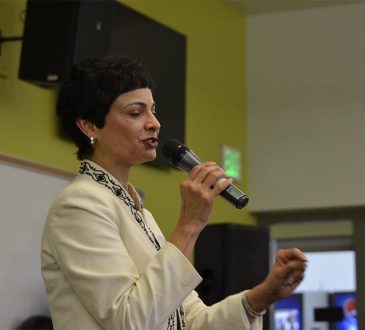Knowledge Taxonomies That Every Industry Leader Needs To Know

Knowledge, with its wide classifications, can be classified into individual and collective knowledge. Executives recruit followers based on their individual knowledge which refers to the individual’s skills, prior-knowledge, and proficiencies or sometimes referred to competencies. Collective knowledge is part of the executive’s protocol and comes fairly natural at the higher echelons of the organization. Executives follow Thomas Davenport and Laurence Prusak’s concern that concludes that if an executive cannot inspire its followers to share their individual knowledge with others, then this individual knowledge is not valuable to the organization. Individual knowledge can, therefore, become a valuable resource by developing an organizational climate of openness for members to exchange their ideas and insights. Executives must create a climate of trust and openness for individuals to share individual knowledge. New technologies drawing on social-software systems through sharing individual knowledge around the organizations can positively contribute to create collective knowledge. Therefore, executives should build an atmosphere of trust and openness and use technology to convert individual knowledge into valuable resources for their organization to close the performance gap and help organizations prosper.
Knowledge can also be classified using individual, social, and structured dimensions. Executives can categorize followers based on their human knowledge which focuses on individual knowledge and manifests itself in individual’s competencies and skills. This form of knowledge comprises the skills gained by individual experiences, and learned as rules and instructions formulated by executives for followers to use as a guide. Social knowledge, on the other hand, is categorized as individual knowledge that is shared so that it can become collective knowledge. Executives can use structured knowledge that emerges in formal language from annual reports, memos, and other means of communication to be represented as statements. Therefore, executives can classify knowledge in this way so that it emerges at three levels—-individual (i.e. human), group (i.e. social) and organizational (i.e. structured).
Moreover, there is a scientific, philosophical, and commercial side to knowledge that executives should at least be aware of in today’s hypercompetitive business environment. Scientific knowledge is objective and manifests itself as provable and verifiable knowledge or truth, while philosophical knowledge clarifies that truth is inaccessible. The key for executives is that commercial knowledge, unlike scientific and philosophical knowledge, focuses on enhancing effective performance. Answering the questions executives often ask: “What works?” Based on this view, this kind of knowledge empowers the capabilities of an organization, and actively improves its competitive advantage in the marketplace. Executives are already aware that commercial knowledge takes an objective approach and can positively contribute to a firm’s performance. The key is how to use this knowledge, enhance it, distribute it, and capture it. Executives now have a good handle on knowledge in corporations.
Written by Mostafa Sayyadi. Have you read?
# Best countries in the world for a child to be born in, 2020
# Best Fashion Schools In The World For 2020
# Best Hospitality And Hotel Management Schools In The World For 2020
# World’s Best Cities For Expats, 2020
Add CEOWORLD magazine to your Google News feed.
Follow CEOWORLD magazine headlines on: Google News, LinkedIn, Twitter, and Facebook.
This report/news/ranking/statistics has been prepared only for general guidance on matters of interest and does not constitute professional advice. You should not act upon the information contained in this publication without obtaining specific professional advice. No representation or warranty (express or implied) is given as to the accuracy or completeness of the information contained in this publication, and, to the extent permitted by law, CEOWORLD magazine does not accept or assume any liability, responsibility or duty of care for any consequences of you or anyone else acting, or refraining to act, in reliance on the information contained in this publication or for any decision based on it.
Copyright 2024 The CEOWORLD magazine. All rights reserved. This material (and any extract from it) must not be copied, redistributed or placed on any website, without CEOWORLD magazine' prior written consent. For media queries, please contact: info@ceoworld.biz
SUBSCRIBE NEWSLETTER








